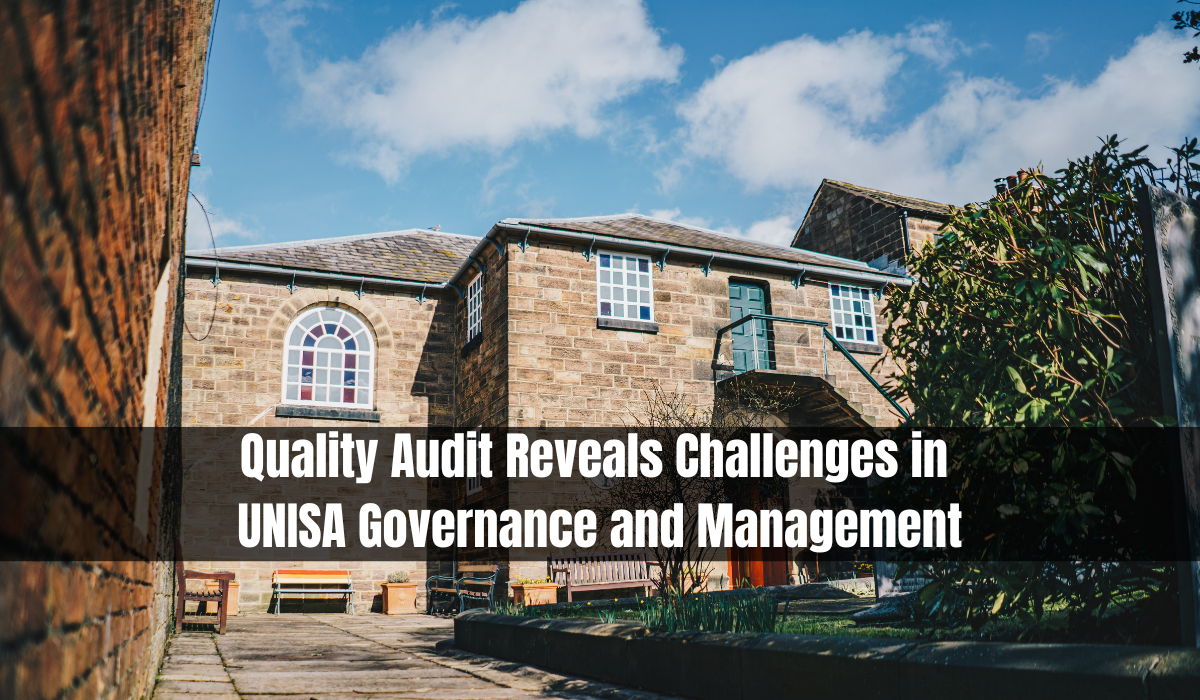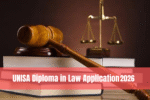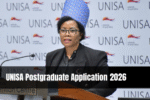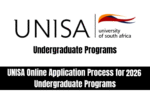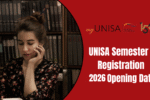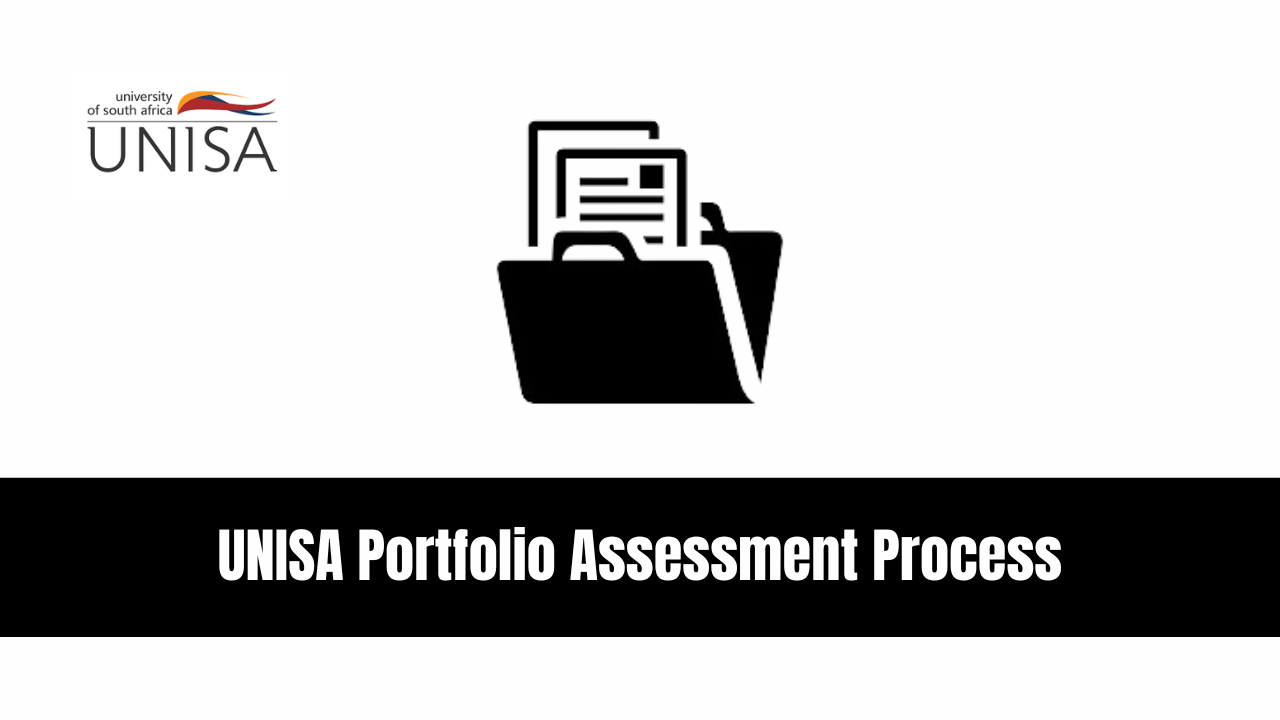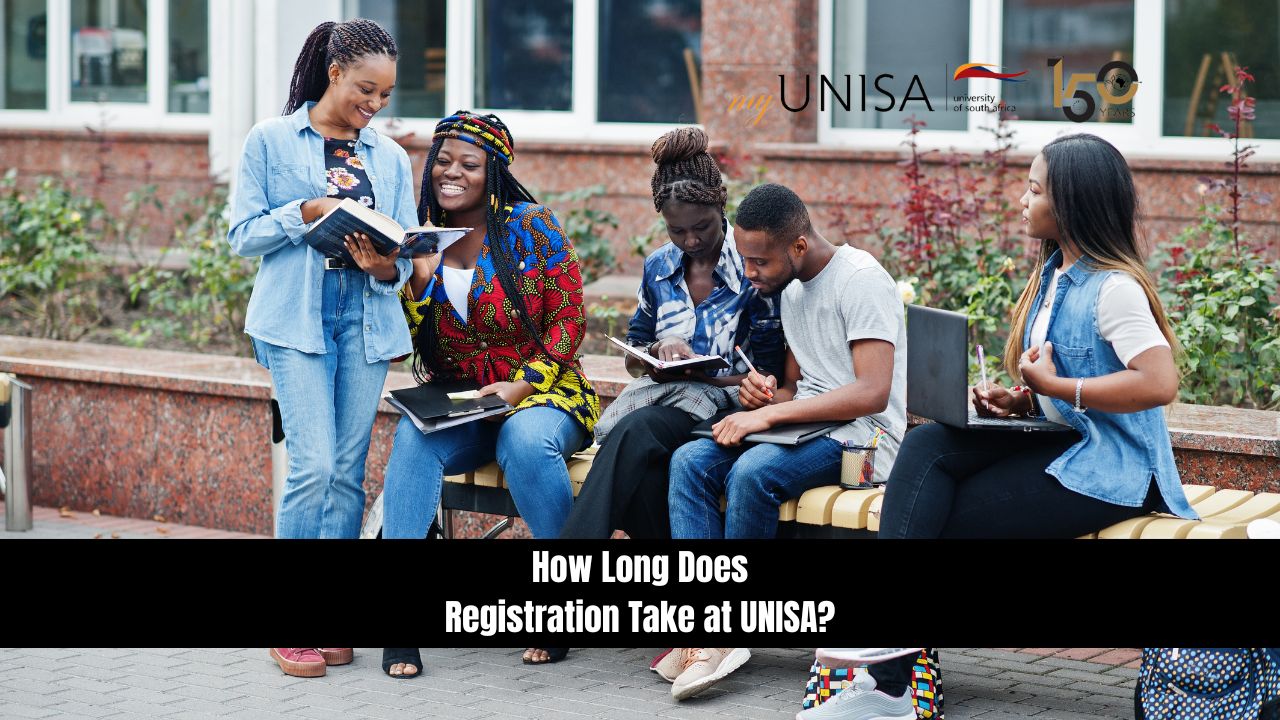Quality Audit Reveals Challenges in UNISA Governance and Management. The University of South Africa (UNISA) is facing critical issues concerning the roles and authority of its senate and council in overseeing quality enhancement systems. A recent quality audit conducted by the Council on Higher Education (CHE) has highlighted these concerns and made several recommendations. This audit comes at a time when UNISA is grappling with administrative and governance challenges.
Background
UNISA, the largest university system in South Africa, has grown significantly in recent years, emphasizing its commitment to an Africa-centric approach and a Pan-Africanist agenda. The CHE, which advises the Minister of Higher Education and Training, conducted a quality audit of UNISA in April of the previous year.
Audit Mandate
The CHE’s Higher Education Quality Committee (HEQC) conducts quality audits to assess governance, strategic planning, and the effectiveness of quality management systems supporting academic functions in institutions.
Erosion of Senate Authority
The audit report raises concerns about the potential erosion of the senate’s authority, traditionally responsible for academic matters. The report points to the existence of the Academic and Student Affairs Committee of Council (ASACoC), which seems to assume academic responsibilities that traditionally belong to the senate. This development questions the separation of roles between the council and the senate.
Role of ASACoC
The ASACoC’s role in approving new programs and qualifications on behalf of the council is particularly worrisome, as it implies that the senate’s input on academic matters is advisory rather than authoritative. This threatens the senate’s primary role in safeguarding academic quality.
Academic Voice
The report suggests that UNISA should pay more attention to ensuring a robust academic voice within the senate, particularly considering the recent changes in representation for full professors.
Governance Structure in South Africa
The governance structure of South African universities includes councils composed of representatives from the university, government, and industry. Senate, on the other hand, consists of senior professors, university officials, non-academic members, and student representatives.
Governance Challenges
The report also highlights governance challenges within UNISA, with a perceived lack of trust and respect between the council and the vice-chancellor’s office. UNISA’s claim as an open university is questioned due to inflexibility in admission requirements and registration times.
[irp]Student Support and Communication
Issues related to student support and communication emerge as significant problems, affecting registration times and student success rates. The report urges UNISA to improve student governance structures and communication with students.
Policies and Quality Management
The report raises concerns about policy reviews and recommends a structured approach for policy development, approval, and review. Ensuring alignment with the quality management framework is essential.
Positive Aspects
Despite the challenges, the audit report acknowledges UNISA’s remarkable adaptation during the COVID-19 pandemic and innovative practices, such as the use of massive open online courses to prepare students for undergraduate studies.
UNISA Response
UNISA has responded to the CHE and submitted an improvement plan to address the audit’s findings. They await the CHE’s response and emphasize their commitment to maintaining high teaching and learning standards.
[irp]Conclusion
The quality audit of UNISA reveals critical issues regarding governance and management, particularly in the context of the senate’s authority. Addressing these challenges will be essential to ensure the university’s continued success and commitment to quality education in South Africa.

